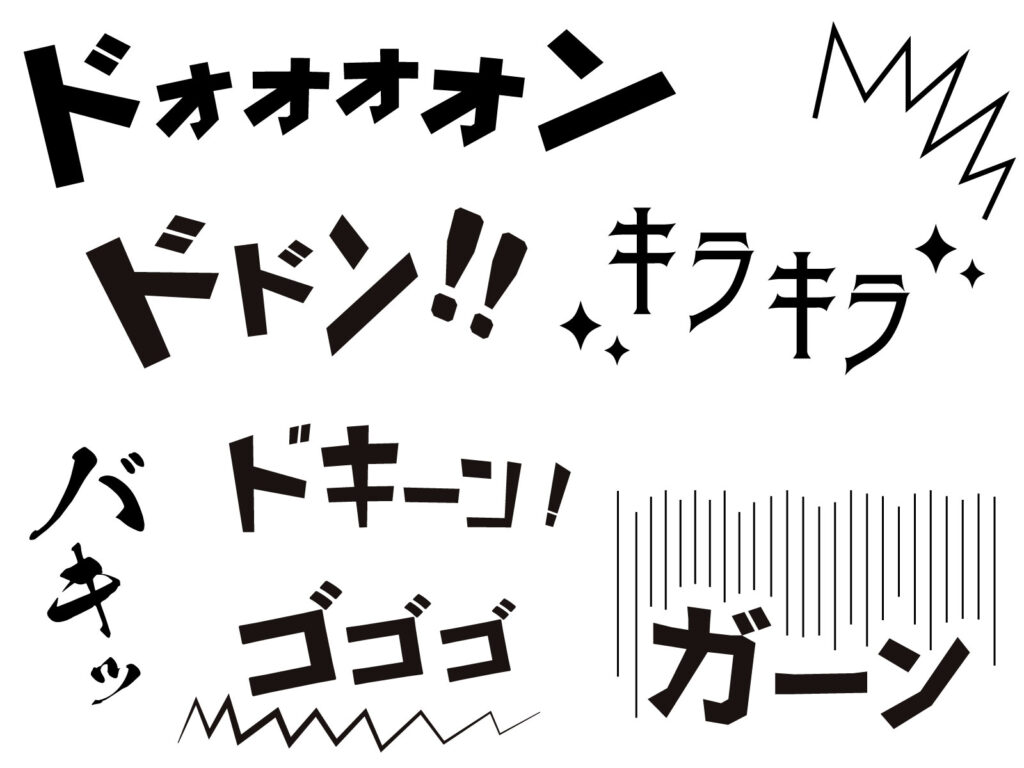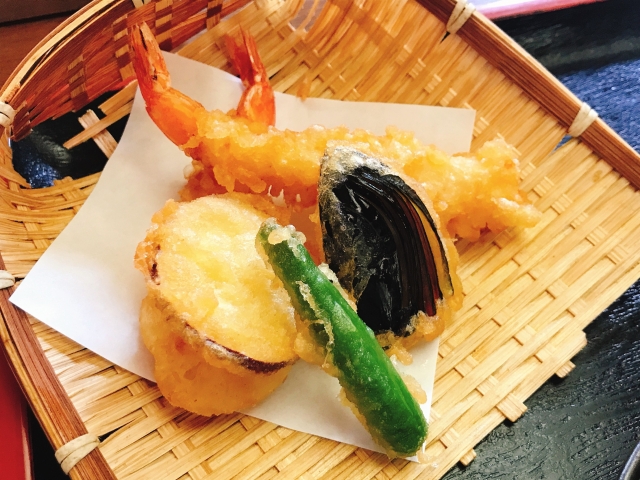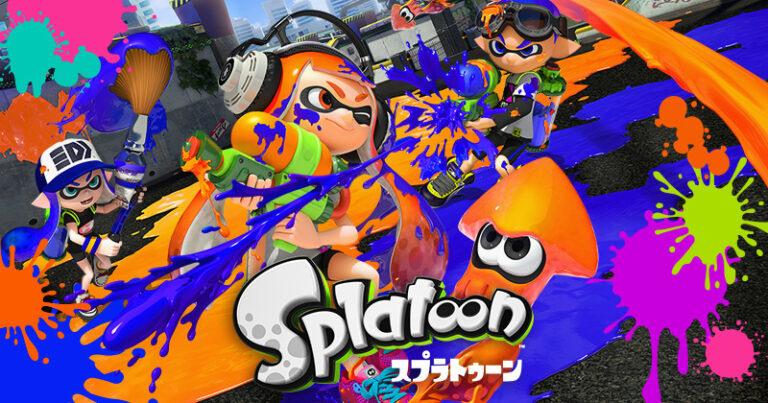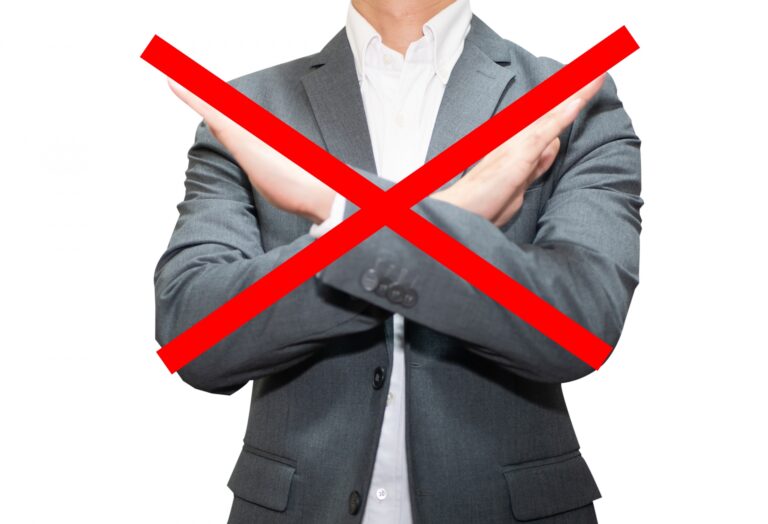The language of each country has words and grammar, but there are also words called “onomatopoeia“.
Onomatopoeia is a general term for onomatopoeia, mimetic words, and onomatopoeia, and there are many such onomatopoeias in Japanese.
Therefore, it seems that people who stay in Japan for a long time and try to learn Japanese have a hard time.
However, just by remembering the “frequently used onomatopoeias”, you will be able to have a smooth conversation unexpectedly.
In this article, I would like to explain such “onomatopoeias that are often used in Japan”.

Click here to learn Japanese language with the best one-on-one Japanese tutoring lessons in person or online.
Contents
There are about 4,500 types of Japanese onomatopoeia.
In Japan, it is said that there are about 4,500 types of onomatopoeia such as onomatopoeia, mimetic words, and onomatopoeia.
A typical example would be the sound of a dog barking.
“Wanwan ワンワン” is the sound of a dog barking in Japan.
The onomatopoeia varies considerably from country to country, such as “bow wow バウワウ” in English, “wafuwafu ワフワフ” in France, “bau bauバウバウ” in Italy, and “wong wonウォンウォン” in China.
I don’t even know if people use onomatopoeias so much in a day because they use them naturally in conversation, but some people may use them dozens of times a day.
Onomatopoeia is so commonly used in everyday life.
Onomatopoeia commonly used in Japan
Now, let’s take a look at some onomatopoeias that are actually used in Japan.
Just by remembering these, you will be able to understand the onomatopoeias used by others, and you should be able to use some of them yourself.
- nikoniko ニコニコ
“Nikoniko” is one of the most commonly used onomatopoeias in Japan.
Basically, there is no problem if you interpret it as “smile”, but it is used to express happy emotions, fun emotions, and expressions when you are in a good mood.
(Example) ○○さんはいつもニコニコしていて素敵だな
Mr. ○○ is always smiling and is wonderful.
In addition, there are cases where it is expressed as “nikkoriニッコリ”.
- wakuwaku わくわく
“Wakuwaku わくわく” is an onomatopoeia that expresses the feeling of waiting impatiently for something fun to happen in the future.
(Example)遠足まで3日もあるのに、もうワクワクが抑えきれない
Even though there are three days until the excursion, I can’t control my excitement anymore.
It is not often used in work-related situations, but it may be an onomatopoeia that is often used at home with children.
- Iraira イライラ
“Iraira イライラ” is an onomatopoeia that expresses feelings when stress builds up or is happening.
(Example)今日は嫌なことが続いてとてもイライラしている
I’m very frustrated because I’ve had a series of bad things today.
It’s common in private, but it can be said that it’s an emotion that you often feel at work.
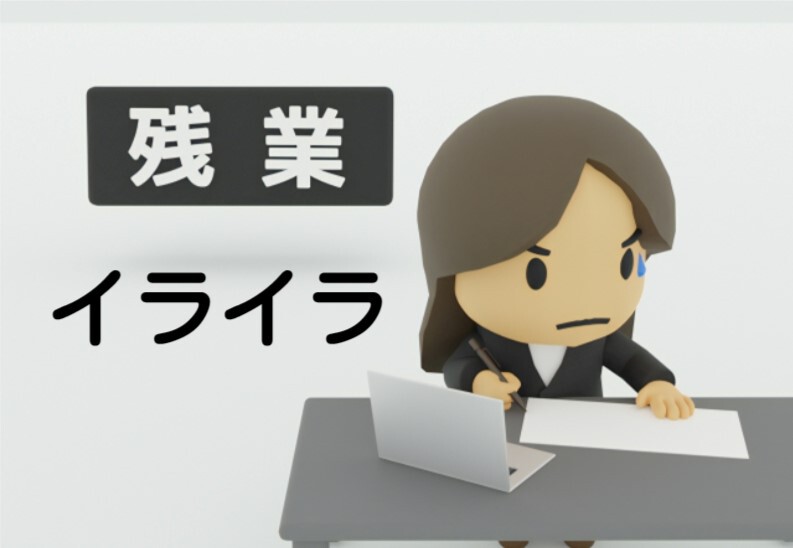
- Girigiri ギリギリ
“Giri-giri ギリギリ” is an onomatopoeia used when there is no trace left.
There are moments in your life when you think, “It would have been dangerous if I had done it a little later” or “I could have done it a little earlier.”
In such a case, we use the expression “last minute”.
(Example)なんとかギリギリ間に合った
I managed to make it just in time
- Dokidoki ドキドキ
“Dokidoki ドキドキ” is an onomatopoeia used to express a pounding heartbeat.
When you’re nervous or worried, you’re more likely to use this onomatopoeia.
(Example) 100人の前で発表しなければいけないから、すごくドキドキする
I am very nervous because I have to present in front of 100 people.
It can be used both at work and in private, but it is often used when you are in love and your heart flutters with the other person.
- Sarasara サラサラ
“Sarasara” is an onomatopoeia that is expressed when you touch dry things without humidity.
(Example 1) ○○さんの髪の毛はサラサラですね。
○○’s hair is smooth.
- Dondon ドンドン
“Dondon” is an onomatopoeia used as an expression when proceeding one after another.
It is a word that often appears in everyday conversation, so it will be useful if you understand it.
(Example) どんどん良くなっていくね
It’s getting better and better
In many cases, it is used in a positive sense, but it can also be used in a negative sense, such as “I will be overtaken more and more”.
- Kankan カンカン
“Kankan” is an onomatopoeia that is used both as an onomatopoeia and as a concrete word.
(Example 1) 上司がカンカンに怒っている
The boss is very angry
In some cases, it is used when hard metallic objects collide with each other, and in other cases, it is used to express what is happening to the other party.
In addition, it is also used in cases where the sun is very strong and hot, such as “Kankan teriyaki”.
summary
This time, I explained about “onomatopoeias that are often used in Japan”.
The onomatopoeias listed here are used by many people on a daily basis.
Conversation will go smoothly just by remembering it.
By all means, let’s learn it while actually using it yourself.
Related article:

